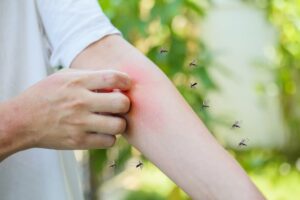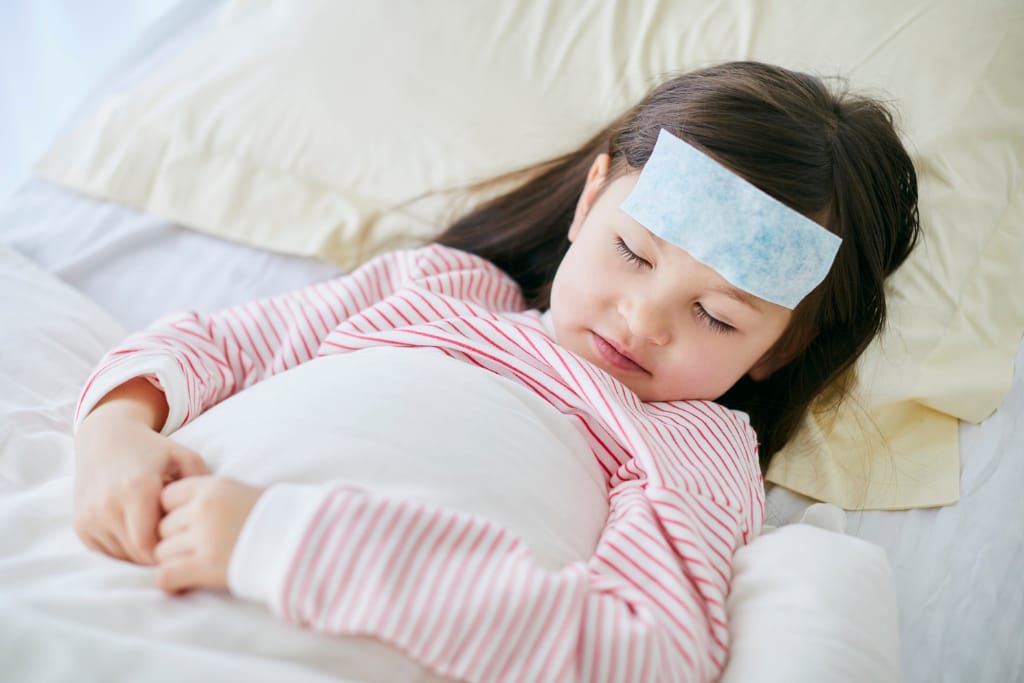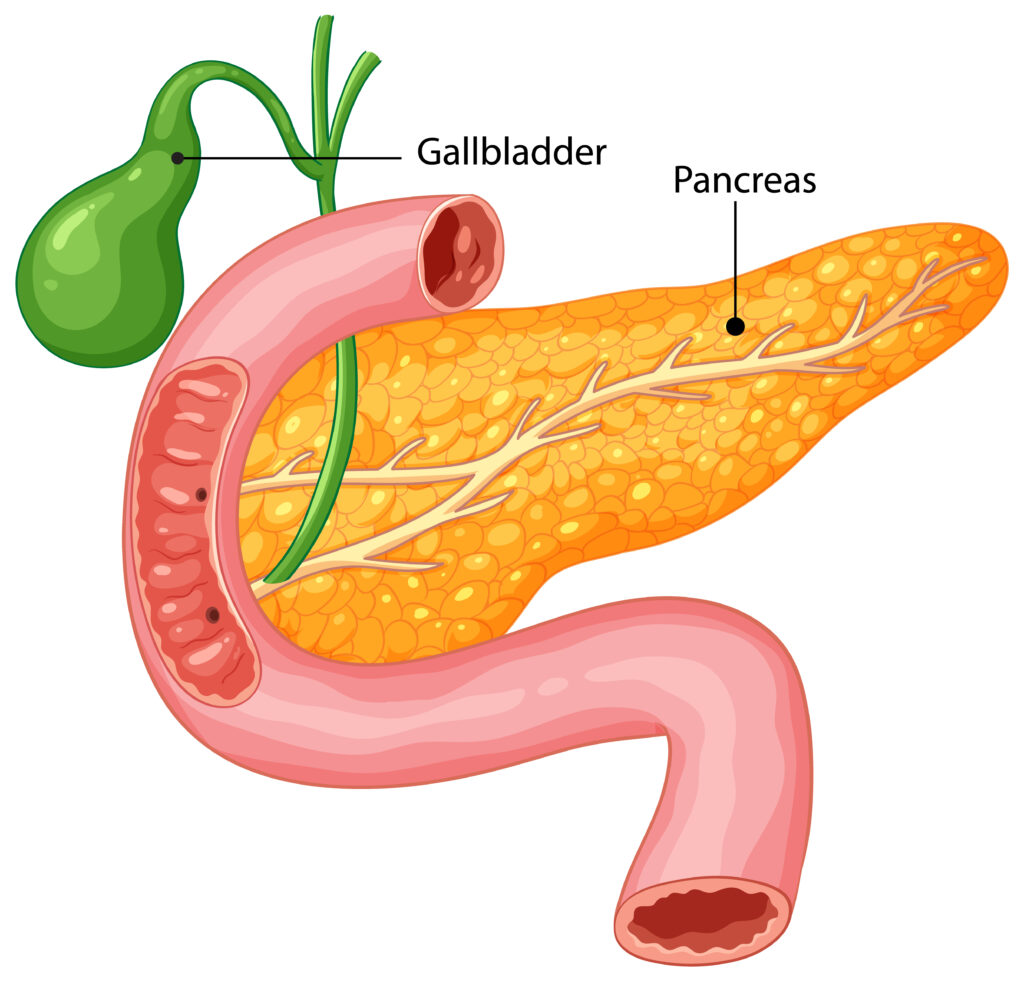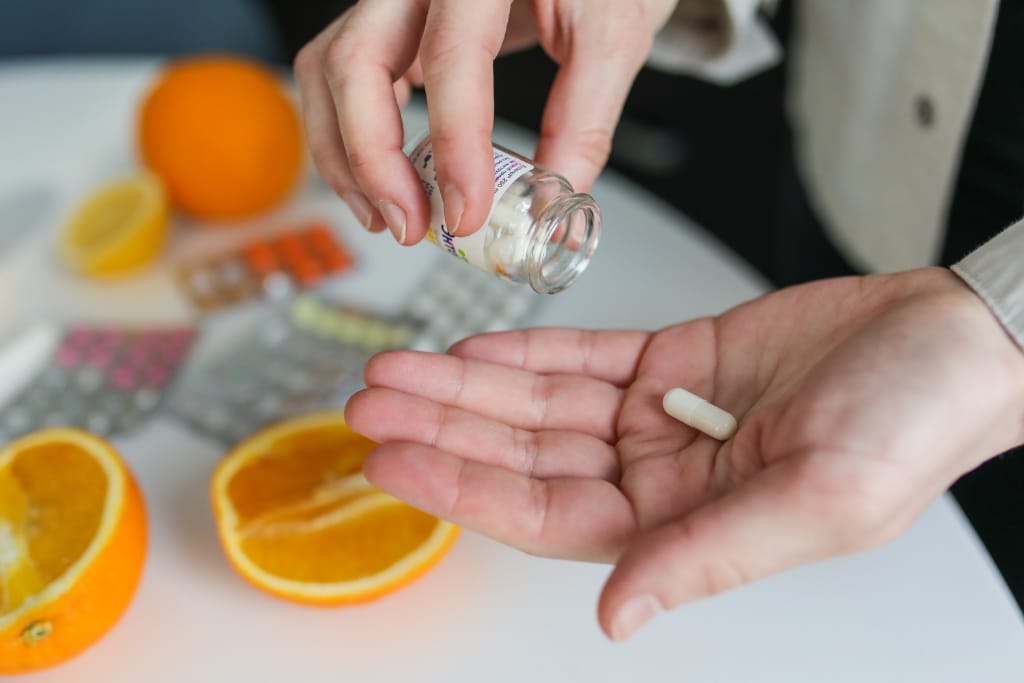Introduction:
Dengue fever is a rapidly spreading mosquito-borne viral disease that continues to affect millions of people worldwide each year. In recent times, cases have surged across many regions including the United States with outbreaks reported in states like Florida, notably Pasco County, Florida where local health officials have issued alerts.
This article explores the latest treatments, practical prevention strategies and essential recovery tips for this fever while addressing important aspects such as dengue fever symptoms, home care and community action.
Understanding Dengue Fever
Dengue fever is caused by the dengue virus (DENV) which is transmitted primarily through the bite of an infected Aedes aegypti mosquito. This mosquito thrives in warm, humid climates and breeds in stagnant water found in everyday surroundings.
There are four known serotypes of the virus (DENV-1 to DENV-4). Infection with one serotype provides lifelong immunity to that strain but subsequent infections with different serotypes increase the risk of severe complications such as dengue hemorrhagic fever (DHF) or dengue shock syndrome (DSS).

Dengue Fever Symptoms to Watch For
Recognizing the early signs of dengue fever is critical for timely treatment. Symptoms typically appear 4 to 10 days after being bitten by an infected mosquito.
Common dengue symptoms include
- Sudden high fever (often reaching 104°F – 40°C)
- Severe headache and pain behind the eyes
- Joint and muscle pain, often described as breakbone fever
- Nausea and vomiting
- Skin rash (sometimes resembling measles)
- Mild bleeding such as nosebleeds or gum bleeding
Pictures of Dengue Fever Rash
The characteristic rash usually appears 2 to 5 days after the onset of fever. It often starts as flushed skin or small red spots and may spread across the chest, arms and legs.
(If publishing on a website, include pictures of dengue fever rash to help readers identify early visual symptoms.)

Warning Signs of Severe Dengue:
- Persistent vomiting
- Severe abdominal pain
- Difficulty breathing
- Fatigue or restlessness
- Blood in vomit or stool
Dengue Fever in Pasco, Florida – A Growing Concern
In Pasco County, Florida, public health officials have reported sporadic dengue cases linked to local mosquito transmission. Warm, humid summers and heavy rainfall create ideal breeding conditions for Aedes mosquitoes.
Local authorities encourage residents to
- Eliminate standing water in containers, gutters and plant pots.
- Use mosquito repellents and wear long-sleeved clothing.
- Stay updated with health department alerts and testing opportunities.
Dengue Fever Treatment – Latest Approaches
Currently, there is no specific antiviral cure for fever. Treatment focuses on symptom management and supportive care to prevent complications.
- Medical Treatment
- Hydration Therapy – Maintaining proper fluid balance is crucial to prevent dehydration. Oral rehydration solutions (ORS) or intravenous fluids may be administered in hospitals.
- Fever Management – Acetaminophen (paracetamol) is recommended to reduce fever and pain. Avoid aspirin and ibuprofen, as they can increase the risk of bleeding.
- Monitoring Platelet Counts – Severe dengue often leads to low platelet levels, requiring close medical supervision.
- Hospitalization – Necessary for patients showing warning signs or those with severe dengue symptoms.
- Dengue Vaccine
The Dengvaxia vaccine is approved in certain countries for individuals with prior dengue infection. Ongoing research is developing next-generation vaccines and antiviral therapies to reduce global outbreaks.
Home Care and Recovery Tips
While medical attention is vital for severe cases, mild dengue can often be managed at home under a doctor’s guidance.
Key recovery tips include
- Adequate Rest – Allow your body to fight the infection.
- Hydration – Drink water, coconut water and electrolyte-rich fluids to replace lost fluids.
- Balanced Diet – Consume foods rich in vitamins C and K (like citrus fruits, kiwi and leafy greens) to support platelet production.
- Monitor Symptoms – Keep track of fever spikes and bleeding signs.
How to Prevent Dengue Fever
Prevention remains the most effective weapon against dengue. Here is how to reduce your risk
- Mosquito Control
- Remove stagnant water from flower pots, bird baths and clogged drains.
- Cover water containers tightly.
- Apply larvicides in water tanks if needed.
- Personal Protection
- Use EPA-approved mosquito repellents.
- Wear light-colored, long-sleeved clothing outdoors.
- Install window and door screens to keep mosquitoes out.
- Community Action
Public participation is critical. Neighborhood cleanup drives, government-led fumigation and awareness campaigns help reduce mosquito populations on a larger scale.
Recovery Timeline
The typical recovery period for dengue fever ranges from 1 to 2 weeks, though fatigue may persist for several more days. Proper nutrition, hydration and medical follow-ups can speed healing and reduce post-viral weakness.
Frequently Asked Questions
- What is dengue fever?
Dengue fever is a viral infection transmitted by the bite of infected Aedes aegypti mosquitoes. - What are the early fever symptoms?
High fever, severe headache, joint pain, rash and mild bleeding are common early signs. - Is dengue fever contagious from person to person?
No. It spreads only through mosquito bites not direct human contact. - How is dengue fever diagnosed?
Through blood tests that detect the dengue virus or antibodies. - What is the treatment for the fever?
There is no specific antiviral drug. Treatment focuses on hydration, fever management and close monitoring. - Can dengue fever be treated at home?
Mild cases can be managed at home with medical advice, rest and hydration. - What foods help recover from dengue fever?
Vitamin C-rich fruits, leafy greens, papaya leaf extract (under medical guidance) and fluids are beneficial. - How dangerous is dengue fever in Pasco, Florida?
Local outbreaks can be serious but proactive mosquito control and early treatment help minimize risks. - How can I prevent dengue fever?
Use repellents, wear protective clothing and eliminate standing water where mosquitoes breed. - Does having dengue once give lifelong immunity?
Immunity is lifelong for the specific serotype but not for others. So, reinfection is possible.
Conclusion:
Dengue fever remains a global health challenge but prevention, early detection and timely treatment can save lives. Whether you live in a tropical country or a hotspot like Pasco, Florida, vigilance is key. By understanding dengue fever symptoms, practicing effective mosquito control and following proper recovery steps, individuals and communities can significantly reduce the threat of this disease.
Staying informed about latest treatments, local outbreaks and preventive measures ensures not only personal safety but also the protection of entire communities.



